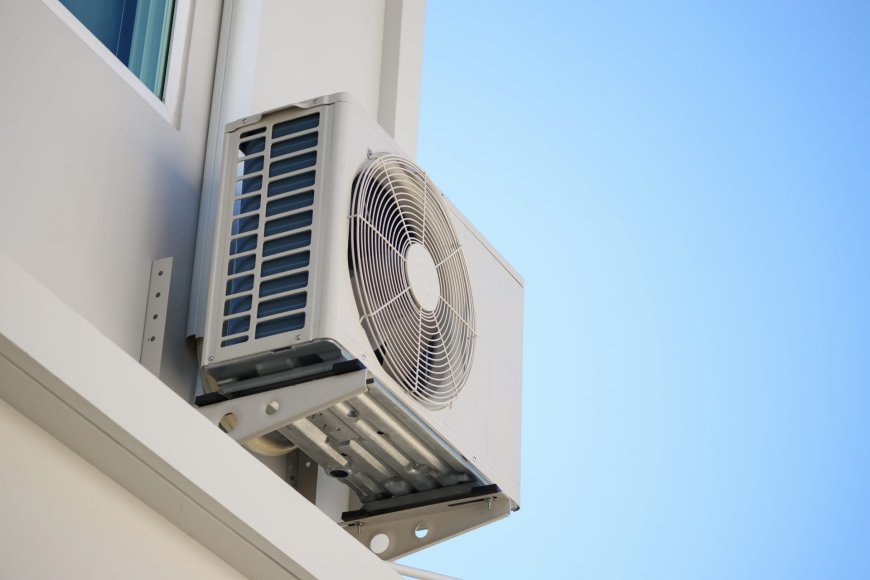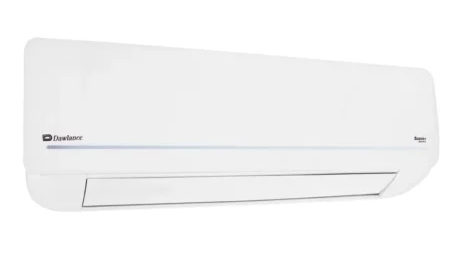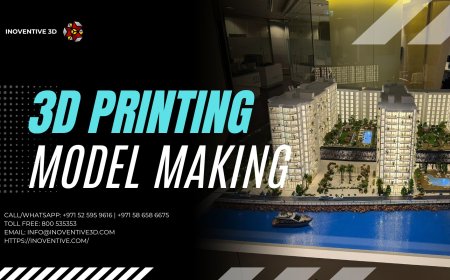How Does an HVAC System Work?

Your HVAC system is the quiet force behind your homes comfortkeeping you warm in winter, cool in summer, and ensuring clean, breathable air year-round. But how does it all come together?
Whether you're considering an upgrade or just want to better understand how things function behind the scenes, this guide breaks down everything you need to know about how HVAC systems workfrom the individual parts to the full processand why that matters for your comfort and efficiency.
HVAC Defined: What Does It Mean?
HVAC stands for Heating, Ventilation, and Air Conditioning. Its the system that regulates your indoor climate and air quality.
From maintaining comfortable temperatures to filtering dust and allergens out of the air, HVAC systems do much more than most people realize. Whether you're adjusting the thermostat or just enjoying steady airflow, your HVAC system is constantly working to balance your indoor environment.
Why It Helps to Know How Your HVAC System Works
Understanding your HVAC system gives you the tools to:
-
Reduce your utility bills
-
Detect early signs of wear or damage
-
Extend the lifespan of your equipment
-
Improve the air quality inside your home
People often ask:
What are the parts of an HVAC system?
How does heating and cooling actually happen?
Whats the best way to keep my system efficient?
Lets break it down in simple terms.
Main Components of an HVAC System
Each part of your HVAC system plays a specific role in keeping your home comfortable.
1. Thermostat The Starting Point
This is the part you interact with. Set your desired temperature, and the thermostat communicates with your HVAC system to either heat or cool your home accordingly.
Modern smart thermostats can even learn your routine and adjust settings automatically to help save energy.
2. Furnace The Heating Source
The furnace is responsible for warming the air inside your home during colder months.
-
Gas furnaces generate heat through combustion.
-
Electric furnaces use resistance heating.
-
The heat exchanger safely transfers warmth to your indoor air.
3. Air Conditioner For Cooling Your Home
When its hot, your AC steps in to remove warm air from inside and release it outside, replacing it with cooler air.
-
The evaporator coil absorbs indoor heat.
-
The condenser unit, located outside, releases that heat.
-
Refrigerant moves between both to complete the cooling cycle.
4. Ventilation System Circulation and Air Quality
This includes all the ducts, vents, and filters that move air in and out of your home.
-
Return vents pull stale indoor air into the system.
-
Supply vents distribute newly heated or cooled air.
-
Filters clean the air of dust, allergens, and pollutants.
5. Ductwork The Delivery System
Ducts carry conditioned air from your HVAC unit to every room. Theyre essential for even distribution and consistent indoor temperatures.
Leaky, dirty, or unsealed ductwork can lead to energy loss, poor performance, and uneven heating or cooling.
How Does an HVAC System Work Day to Day?
Heres how the system functions step-by-step:
-
You set your thermostat to your preferred temperature.
-
The system turns oneither the furnace or the AC.
-
Air from your home is drawn in through return ducts.
-
That air is filtered, heated or cooled, then redistributed.
-
Supply ducts push the conditioned air back into each room.
-
The system cycles off once the desired temperature is achieved.
A Day in the Life of Your HVAC System
Imagine its a humid 90F day in Hoffman Estates. You set your thermostat to 74F:
-
The AC activates and pulls warm air from inside your home.
-
Heat is absorbed through the evaporator coil and carried away by the refrigerant.
-
The outdoor condenser expels the heat.
-
Cool, filtered air is delivered back into your living space.
This process repeats automatically, keeping your home cool and balanced.
Frequently Asked Questions About HVAC Systems
? How long should a typical HVAC system last?
Most systems last 1525 years with regular tune-ups and care.
? Why is my AC running but blowing warm air?
This may be caused by low refrigerant, a faulty compressor, or a thermostat malfunction.
? Should I leave my HVAC fan on auto or on?
Auto saves energy, while leaving the fan on can help circulate air more evenlyespecially in multi-level homes.
? What temperature should I set my thermostat to save energy?
For ideal efficiency, the DOE recommends 78F in summer and 68F in winter.
Easy Ways to Boost Your HVAC Efficiency
Here are simple things you can do today to improve performance and reduce energy costs:
-
Replace your air filter every 13 months
-
Schedule seasonal maintenance (especially before summer and winter)
-
Seal any visible gaps or leaks in your ductwork
-
Upgrade to a smart thermostat
-
Keep vents clear from furniture or curtains
These small efforts can add up to significant savings over time.
HVAC + Smart Tech: A Modern Comfort Solution
Many HVAC systems today come with smart features that give you more control and insight:
-
Adjust temperatures remotely using your phone
-
Track energy usage in real time
-
Get alerts when its time to change a filter or service your system
-
Program schedules to match your lifestyle
Upgrading to a smart HVAC system isnt just convenientits also a smart move for your energy bills.
Final Thoughts: A System That Works for You
Your HVAC system is one of the most important systems in your home. It quietly supports your comfort, your health, and even your energy savings. Understanding how it works helps you care for it betterand that means better performance for years to come.
Need HVAC Service? Trust GNV Heating and Air Conditioning
Whether your system needs a quick fix, an upgrade, or a complete replacement, the trusted team at GNV Heating and Air Conditioning has you covered. We proudly serve Hoffman Estates and surrounding areas, offering expert solutions backed by honest service and years of experience.




































